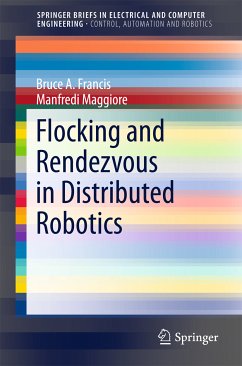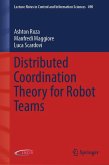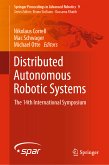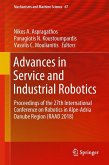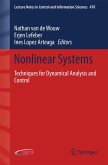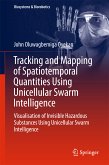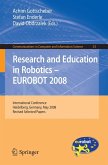One can get intuition for the problem from the natural world, for example, flocking birds.
How do they achieve and maintain their flying formation?
Recognizing their importance as the most basic coordination tasks for mobile robot networks, the brief details flocking and rendezvous. They are shown to be physical illustrations of emergent behaviors with global consensus arising from local interactions. The authors extend the consideration of these fundamental ideas to describe their operation in flying robots and prompt readers to pursue further research in the field.
Flocking and Rendezvous in Distributed Robotics will provide graduate students a firm grounding in the subject, while also offering an authoritative reference work for more experienced workers seeking a brief but thorough treatment of an area that has rapidly gained in interest.
Dieser Download kann aus rechtlichen Gründen nur mit Rechnungsadresse in A, B, BG, CY, CZ, D, DK, EW, E, FIN, F, GR, HR, H, IRL, I, LT, L, LR, M, NL, PL, P, R, S, SLO, SK ausgeliefert werden.

